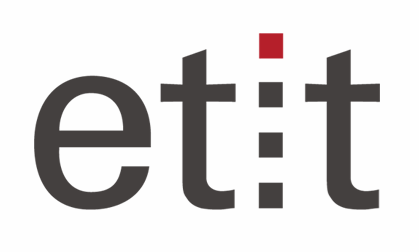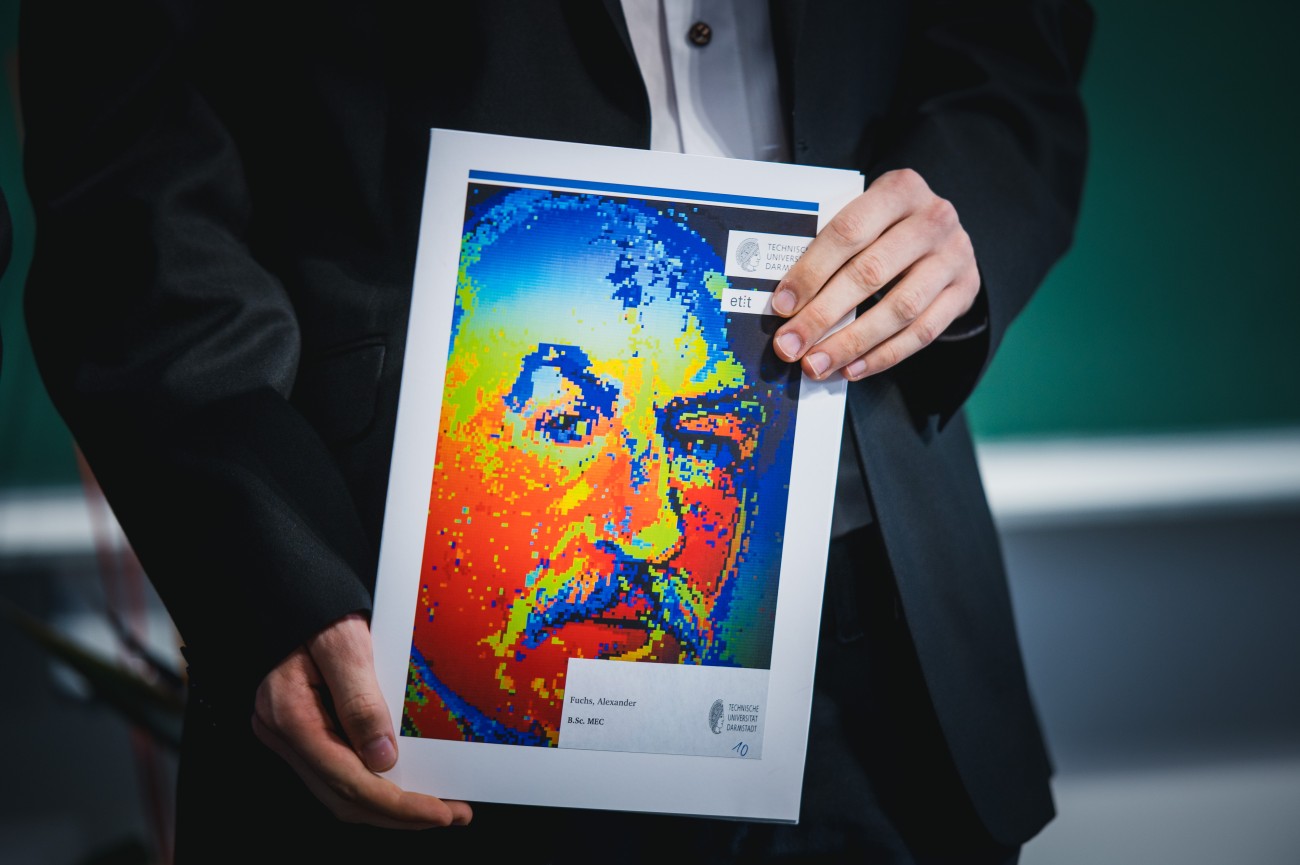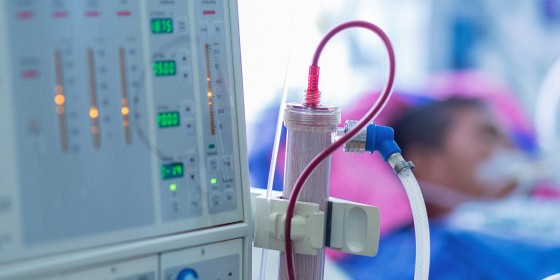Bayesian Active Learning for Raman Spectroscopy
Masterarbeit
Master Thesis on Bayesian Active Learning for Raman Spectroscopy in the field of Robust Data Science.
Project Overview:
Dive into the cutting-edge intersection of statistical machine learning and signal processing with this innovative Master thesis project. Focused on advancing Raman spectroscopy, this project aims to develop new Bayesian active learning approaches applied to multigas sensor technology.
Biomedical Application:
The core application is respiratory gas analysis for early-stage disease diagnostics and therapy monitoring. By leveraging Raman spectroscopy, you will work towards analyzing gaseous biomarkers.
Challenges and Methods:
Raman spectroscopy is an extremely versatile and emerging technique for multigas sensing. Your mission will be to develop new methods under the optimal experimental design framework.
Data Source:
You'll analyze Raman spectroscopic data with the Biophotonics – Biomedical Engineering Group. We are at the forefront of developing advanced laser spectroscopic techniques for personalized medicine and therapy monitoring.
Prerequisites:
• Strong foundation in statistical signal processing and machine learning: Essential for developing and refining the complex algorithms required.
• Programming skills: Proficiency in Python, R, or C++ is crucial for implementing the algorithms efficiently.
• Interest in advanced laser spectroscopic techniques and their application for biomedical sensing
• Motivation and interest: A high level of enthusiasm for developing advanced methods and working with real biomedical data is key to success in this project.
Why This Project?
This project provides a distinctive chance to make significant contributions to a critical field of biomedical engineering. Under the guidance of the Robust Data Science Group and the Biophotonics – Biomedical Engineering Group, you will have the opportunity to advance your expertise in machine learning, signal processing, and biomedical engineering. By creating cutting-edge techniques for Raman spectroscopy based multigas analysis, you will play a leading role in the evolution of breath analysis, influencing the future of healthcare.
How to Apply?
• Please send an E-Mail to michael.muma@tu-darmstadt.de with your CV and transcript.
• Nabika, T., Nagata, K., Mizumaki, M., Katakami, S., & Okada, M. (2024). Bayesian active learning with model selection for spectral experiments. Nature, Scientific Reports, 14(1), 3680.
• Guo, S., Popp, J. & Bocklitz, T. (2021) Chemometric analysis in Raman spectroscopy from experimental design to machine learning–based modeling. Nat Protoc 16, 5426–5459.
• Ralbovsky, N. M., & Lednev, I. K. (2020). Towards development of a novel universal medical diagnostic method: Raman spectroscopy and machine learning. Chemical Society Reviews, 49(20), 7428-7453.




